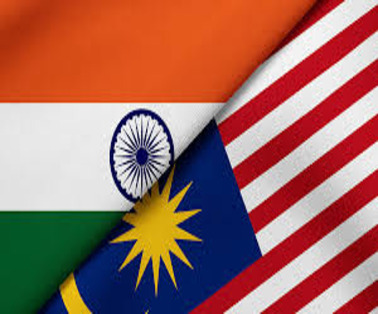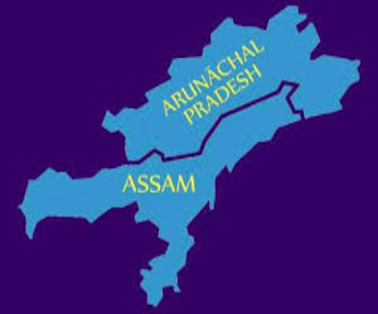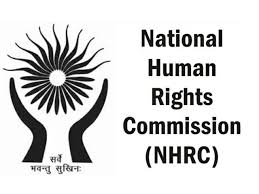India recently seconded a senior diplomat to drive BIMSTEC as its 4th Secretary-General (SG).
Key Points on BIMSTEC Leadership:
- Shri Indra Mani Pandey will be the next Secretary General of the Bay of Bengal Initiative for Multi-Sectoral Technical and Economic Cooperation(BIMSTEC).
- He is an Indian Foreign Service Officer of 1990 batch and is presently the Ambassador/Permanent Representative of India to the United Nations and other International Organisations in Geneva.
- This is the first time that an Indian will hold the position of the Secretary General of BIMSTEC.
- BIMSTEC is a regional organisation that was established in 1997 with the signing of the Bangkok Declaration.
- All seven countries have sustained average annual rates of growth between 4% and 7.5% from 2012 to 2016.
Overview of BIMSTEC:
- Initially known as BIST-EC (Bangladesh-India-Sri Lanka-Thailand Economic Cooperation), the organisation is now known as BIMSTEC and comprises seven Member States
- On 06 June 1997, representatives of the Governments of Bangladesh, India, Sri Lanka, and Thailand came together in Bangkok, and signed the ‘Declaration on the Establishment of the Bangladesh–India–Sri Lanka–Thailand Economic Cooperation (BIST-EC)’
- The main aim of the regional group was the promotion of economic cooperation between countries bordering the Bay of Bengal.
- BIMSTEC’s institutional evolution has been gradual. Following a decision at the Third BIMSTEC Summit in 2014, the BIMSTEC Secretariat was established in Dhaka, Bangladesh
Key Sectors of BIMSTEC Cooperation:
- Cooperation within the BIMSTEC had initially focused on six sectors in 1997 (trade, technology, energy, transport, tourism, and fisheries) and expanded in 2008 to other areas.
- In 2021, a reorganization led to each of the Member States leading certain sectors.
- India focuses on security, along with counterterrorism and transnational crime, disaster management and energy.
Sectors
Bangladesh
Trade, Investment and Development, Sub-sectors: Blue Economy
Bhutan
Environment & Climate Change, Sub-sectors: Mountain Economy
India
Security, Sub-sectors: Counter-Terrorism and Trasnational Crime, Disaster Management, Energy
Myanmar
Agriculture and Food Security, Sub-sectors: Agriculture, Fisheries & Livestock
Nepal
People-to-People Contact, Sub-sectors: Culture, Tourism, Poverty Alleviation, People-to-People Contact
Sri Lanka
Science, Technology & Innovation (Sri Lanka) Sub-sectors: Technology, Health, Human Resource Development
Thailand
Connectivity
Member Countries of BIMSTEC:
- Bangladesh: 06 June 1997
- Bhutan: 08 February 2004
- India: 06 June 1997
- Myanmar: 22 December 1997
- Nepal: 08 February 2004
- Sri Lanka: 06 June 1997
- Thailand: 06 June 1997
Key Objectives of BIMSTEC
- To create an enabling environment for rapid economic development
- To accelerate the economic growth and social progress in the Bay of Bengal region
- To promote active collaboration and mutual assistance on matters of common interest in the economic, social, technical and scientific fields.
- To provide assistance to each other in the form of training and research facilities in the educational, professional and technical spheres.
- To cooperate in projects that can be dealt with most productively on a regional basis among the BIMSTEC Member States and that make best use of available synergies.
- To maintain peace and stability in the Bay of Bengal region
- To endeavour to eradicate poverty from the Bay of Bengal region.
- To promote trade and investment as a major contributing factor for fostering economic and social development in the region.
BIMSTEC’s Importance for India:
- BIMSTEC not only connects South and Southeast Asia but also encompasses the ecologies of the Great Himalayas and the Bay of Bengal.
- India sees BIMSTEC as a natural platform to prioritize its foreign policy objectives of “Neighborhood First” and “Act East.”
- The significance of BIMSTEC was highlighted when some of its member countries supported India’s call for a boycott of the South Asian Association for Regional Cooperation (SAARC) summit in Islamabad, leading to its postponement.
- India claimed victory in isolating Pakistan through this move.
To Download Monthly Current Affairs PDF Click here
Click here to get a free demo
Everything About CLAT 2026



